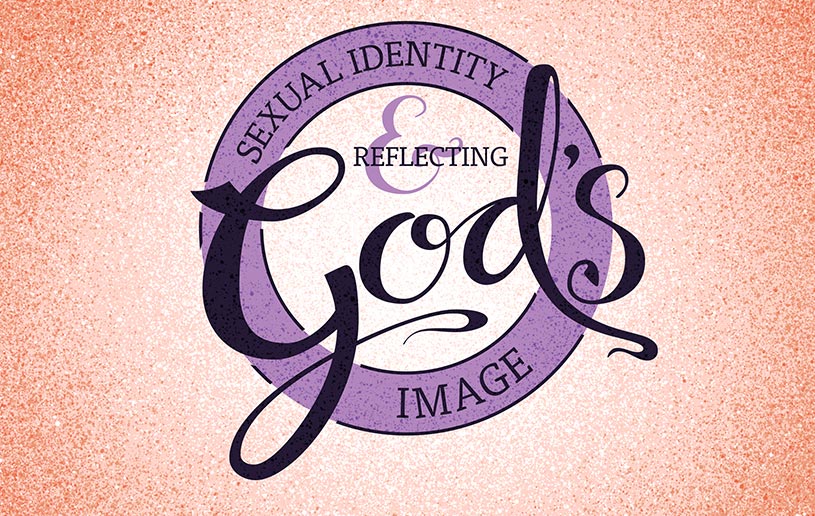
Gender identity is how people experience themselves as male or female. Gender Identity Disorder (GID) is the deep and abiding discomfort over the incongruence between one’s biological sex and one’s psychological and emotional gender experience. Transgender is an umbrella term for the many ways people experience GID. It’s not about sexual intercourse or attraction to the same sex, it’s part of the larger lesbian, gay, bisexual, and transgender (LGBT) discussion. The cause of GID is unknown.
Here’s Where They’re At
When you discuss gender identity with others you might hear statements like these.
- There’s no difference between men and women, only stereotyped roles into which we are socialized by the culture at large. These stereotypes are changing and so may our gender identity
- Gender is a subjective reality—something a person feels within. We are male, female, or a combination because we perceive ourselves as such. As a result, we can alter our gender identity at will, because our perception of ourselves may change over time
- The reality of transgender persons is something to be celebrated and honoured. They are brave and courageous to come out and identify as a different gender
Here’s Where You’re At
Living according to a Christian worldview, you may see gender identity like this.
- God created two genders, male and female, according to His purpose and doesn’t make mistakes. Identifying oneself as something other than what he or she is created to be is to say God’s design is a farce or wrong
- Cross-gender identification blurs and threatens to dishonour the creation order of male and female as it goes against the integrity of one’s personhood as a male or female
- Gender identity is part of human physiology and psychology. Your biological sex determines your gender identity and God’s design for your sexual activity
- Confusion over gender identity is due to a fallen sin nature. Altering one’s gender is wrong
Here’s Where Scripture’s At
Contrary to a society that says we are a product of chance and are therefore self-determining, Scripture says God distinctly created us in His image as male and female, uniquely suited for each other (Genesis 2:21-24; Matthew 19:4).
- God made our bodies good (Psalm 139:13-16; 1 Timothy 4:4) and are an essential part of our true selves and revealing who we truly are
- Because of the fall people are flawed and experience conditions, deformities, and sickness as a result. People experience desires for things forbidden by God (Galatians 5:17; 1 John 2:16) and these desires are to be opposed and curbed rather than given free reign (Romans 13:14)
- Jesus grounds sexual morality on Scripture and our created nature as men or women (Matthew 19:1-9)
- Paul grounds his views on marriage and sexuality from Scripture and created nature (Ephesians 5:22-33; 1 Corinthians 6:12-7:40)
- Suppressing the truth of God is the reason people worship the creature instead of the creator and ignore the creation of male and female (Romans 1:24-27)
Where To Go From Here
The objective truth of our bodies and revealed truth of Scripture provide a moral framework in which to view our identity and desires.
- We need to value the sacredness of God’s creation of male and female. Identity is not for us to create
- It's an identity issue. At its core, there is absolute confusion about who someone is created to be
- There is a distinction to be made between GID and the choices made in response to the condition. It is the choices that have moral and ethical dimensions not the condition itself
- In Christ there is no Jew nor Greek nor male and female. We are not defined by our socio-economic status, by our race, or by our sexual urges. Our true identity is found in Christ and in relationship to Him
- People with this condition need to have supportive care and help, not judgment. People with any disorder need to feel they belong in the church, which is a community of broken people saved by God’s grace
All people need to be pointed to Christ and His Holy Spirit to transform into Christlikeness and not be viewed as projects to be fixed. GID is not beyond the reach of God's grace, compassionate church-based care, and professional help.

